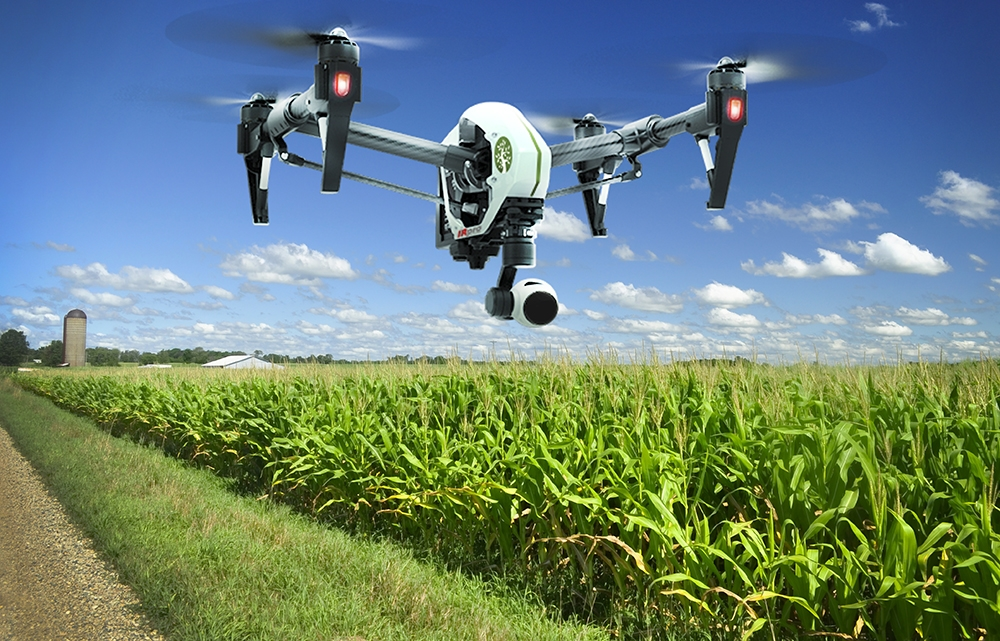The agricultural sector is the backbone of Nigeria’s economy, employing over 70% of the workforce and contributing significantly to the country’s GDP. However, the sector faces numerous challenges, including low productivity, inefficient farming practices, and limited access to markets and finance. One potential solution to these challenges is the adoption of agricultural drones. In this article, we will explore the challenges and opportunities of agricultural drones in Nigeria.
What are Agricultural Drones?
Agricultural drones, also known as unmanned aerial vehicles (UAVs), are remotely controlled or autonomous aircraft that are equipped with sensors, cameras, and other technologies to collect data and perform tasks in agricultural settings. They can be used for crop monitoring, soil analysis, irrigation management, and crop spraying, among other applications.
Opportunities for Agricultural Drones in Nigeria
- Increased Efficiency: Agricultural drones can help farmers increase efficiency by automating tasks such as crop monitoring and spraying. This can save time and labor, allowing farmers to focus on other aspects of their business.
- Improved Crop Yields: Drones equipped with sensors and cameras can collect data on crop health, growth, and development. This data can be used to identify areas where crops may be under stress, allowing farmers to take targeted action to improve yields.
- Enhanced Decision Making: Agricultural drones can provide farmers with valuable insights and data to inform their decision making. This can include data on soil moisture levels, crop growth rates, and pest and disease pressure.
- Increased Access to Finance: The use of agricultural drones can provide farmers with a more accurate and detailed picture of their farm’s productivity and potential. This can make it easier for farmers to access finance from lenders and investors.
- Job Creation: The adoption of agricultural drones in Nigeria can create new job opportunities in areas such as drone operation, maintenance, and data analysis.
Challenges Facing Agricultural Drones in Nigeria
- Regulatory Framework: The use of agricultural drones in Nigeria is subject to regulations and guidelines set by the Nigerian Civil Aviation Authority (NCAA). However, these regulations are still in the early stages of development, and there is a need for clearer guidelines and standards.
- Infrastructure: The adoption of agricultural drones in Nigeria is hindered by a lack of infrastructure, including charging stations, landing pads, and data transmission systems.
- Cost: Agricultural drones can be expensive, making them inaccessible to many small-scale farmers in Nigeria.
- Training and Capacity Building: The effective use of agricultural drones requires specialized training and capacity building. However, there is a shortage of trained personnel in Nigeria with the necessary skills and expertise.
- Security Concerns: The use of agricultural drones in Nigeria raises security concerns, including the potential for drones to be used for malicious purposes or to compromise national security.
Case Studies of Agricultural Drone Adoption in Nigeria
Several organizations and companies are already exploring the use of agricultural drones in Nigeria. For example:
- The International Institute of Tropical Agriculture (IITA) has been using drones to monitor crop health and growth in its research farms.
- The Nigerian government has launched a drone-based agricultural monitoring program to improve crop yields and reduce losses.
- Private companies such as Aerobotics and WeFlyAgri are offering drone-based services to farmers in Nigeria, including crop monitoring and spraying.
Conclusion
Agricultural drones have the potential to transform the agricultural sector in Nigeria by increasing efficiency, improving crop yields, and enhancing decision making. However, there are several challenges that need to be addressed, including the development of a regulatory framework, infrastructure, cost, training and capacity building, and security concerns. As the technology continues to evolve and improve, it is likely that we will see increased adoption of agricultural drones in Nigeria. With the right support and investment, agricultural drones can play a key role in improving food security and reducing poverty in Nigeria.
Recommendations
- Develop a Clear Regulatory Framework: The Nigerian government should develop a clear and comprehensive regulatory framework for the use of agricultural drones.
- Invest in Infrastructure: The government and private sector should invest in infrastructure, including charging stations, landing pads, and data transmission systems.
- Provide Training and Capacity Building: The government and private sector should provide training and capacity building programs to develop the skills and expertise needed to effectively use agricultural drones.
- Promote Affordability: The government and private sector should explore ways to make agricultural drones more affordable for small-scale farmers, such as through subsidies or leasing programs.
- Address Security Concerns: The government should take steps to address security concerns, including the development of guidelines and protocols for the safe and secure use of agricultural drones.
By addressing these challenges and opportunities, Nigeria can unlock the potential of agricultural drones to improve food security, reduce poverty, and promote economic growth.

